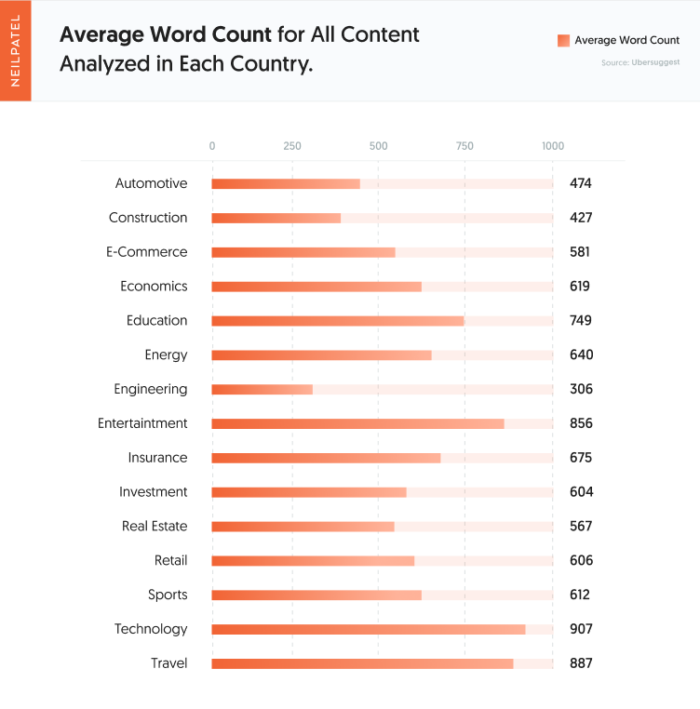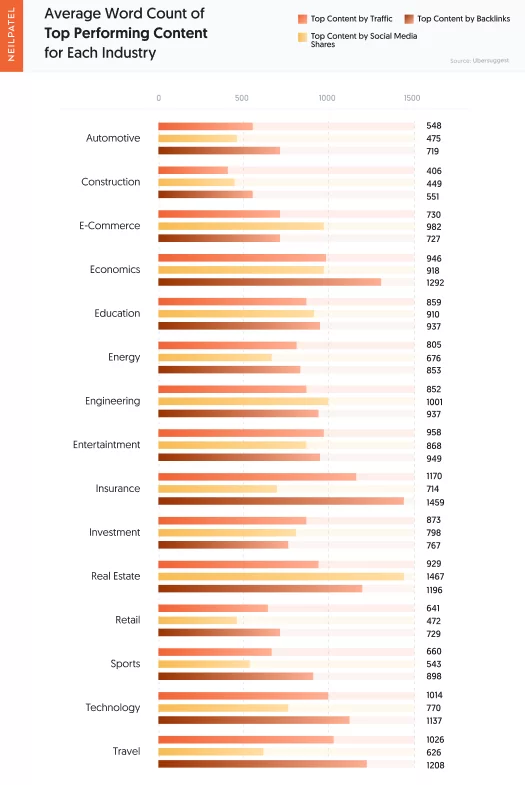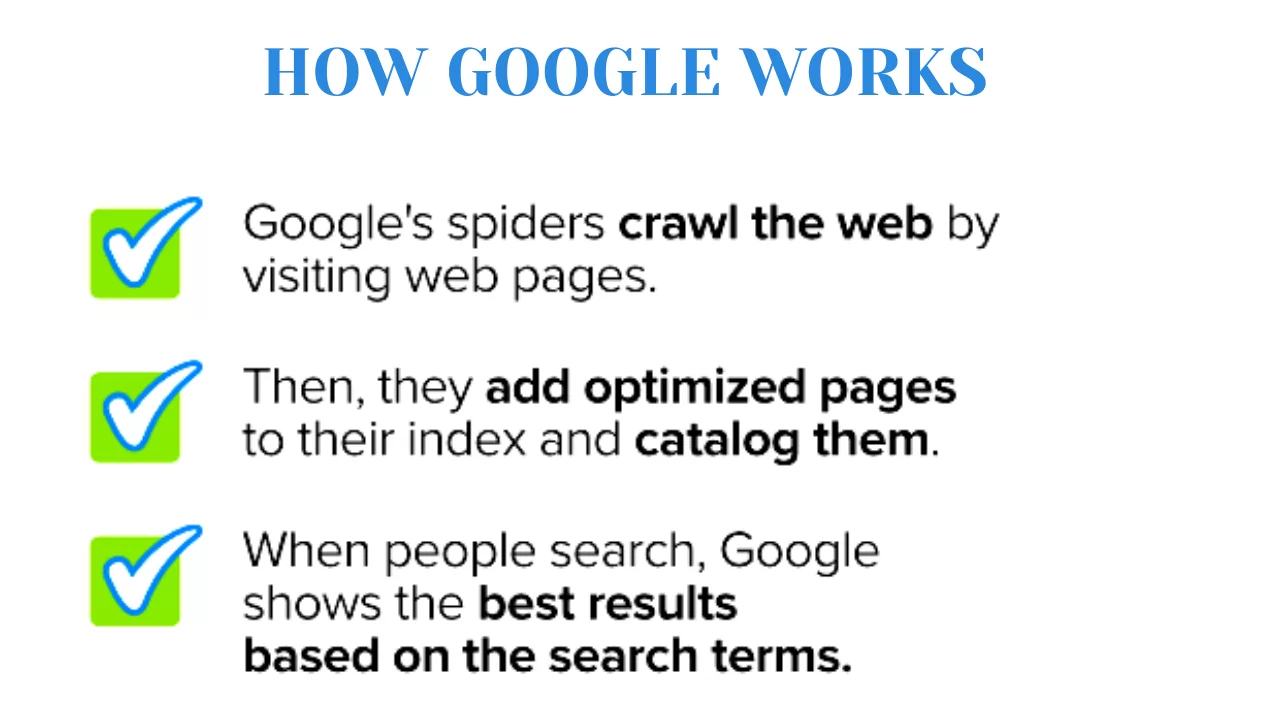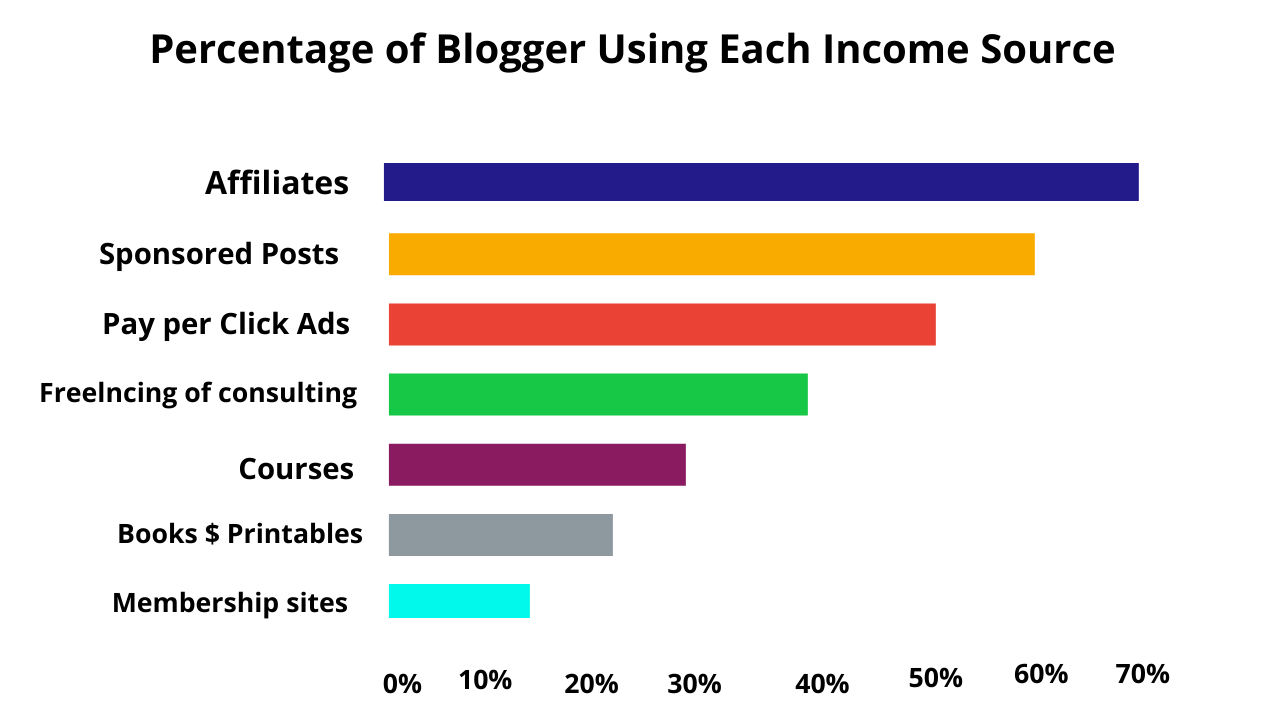In this digital world, Search Engine Optimization (SEO) traffic determines the make or break of your website. Effective strategies for digital marketing are continually evolving as Google’s algorithm gets smarter and smarter. You might have seen online marketing experts who provide their knowledge on how to increase your website traffic by improving your SEO rankings and word court.
Well, in this blog, we are going to get to the bottom of that never-ending word count debate for SEO rankings.
Dive right in!

How Many Words Should You Include In Your Posts?
There’s no definitive answer to how many words you should include in your posts, but it all depends on what you’re writing about and who you’re trying to reach with your content. I usually find that articles ranging from 400 to 800 words are great fits for most companies’ blogs, but you can always include more if necessary—as long as your post still stays focused and engaging!
The majority of online marketers believe in the mantra “write more to get more” for a higher Google ranking.
Well, ranking is of utmost importance if you want to drive more traffic to your website.
Now, what exactly do they mean by “writing more”?
Is it 1000 words, or is it 2000 words?
Well, the answer is – It depends.
If you are looking for instructions on how to iron a shirt, you wouldn’t want to read 2000+ words on it, would you? How about 1000?
I’m guessing not; you’d be happy if the information is simple, clear, precise and short.
Top-performing content for each industry:

Do More Words Mean Better Traffic?
Attention spans are shortening, but blogs seem to be getting longer.
Now, short blogs are easier to read, and users will get what they are looking for quickly.
However, Long-form articles have dominated the blog space, and it is for good reasons such as:
● More time spent
● More Social Media shares
● Higher SEO rankings.
The ideal range for a blog depends on the topic, complexity and industry. We recommend you aim for 700-900 words.
How Does Google Rank Your Website?
Once you’ve written your content, how do you know if it’s any good? Google provides you with a free website-ranking tool that can help you figure out how much of a boost you’ll get from your content. It’s called Google Webmaster Tools, and it can be a fantastic resource to see what pages on your site are doing well and which need work. You can also use it to monitor incoming links, find broken links on your website, and more
Google ranks articles based on how quickly visitors enter and exit the website.
Your SEO ranking will improve if your blog has relevant, high-quality, original content.
By finding the right keyword strategy and checking out the competition, you can make sure your blog reaches the top 1%.
Like a moth drawn to a light, having the right keywords is the best tool to drive more traffic to your website.
You should cleverly use multiple keywords in your article, so you get more traffic.
For example, some keywords relating to the word “blog” include:
● “How to write a blog?”
● “Blog ideas” or
● “How to make money blogging?”
Create A Blog Plan Before You Start?
People wonder how many blogs they should write before launching their blog.
If you’re starting for the first time, we recommend you have at least 4 to 5 blogs, so your viewers can read them. 
This will you help you get enough time to come up with new ideas for your blog.
Furthermore, you could also:
● Note down 30 ideas
● Draft 10 blogs without publishing
● Make your content calendar, which shows you when you should upload which blog.
When Will You See The Results?
Everyone wants results, and they want them quick. Well, there are no set answers to this question.
If you write a well-crafted blog and incorporate all the elements for higher traffic, you should see results fairly quickly.
A recent study showed that you could improve your website traffic by the time you post at least 24 blogs.
You could expect a 77% increase in website traffic if you have more than 50 blogs.
However, you should realise that this is not an exact science, and the results will vary depending on a lot of other factors.
How Much Money Can You Make From Blogging?
According to Blogging.org’s survey, only 8% of bloggers make enough money to sustain their families.
This paints a very dark picture. Doesn’t it?
Now, before you hit the close button, remember that what is “enough to sustain” is subjective, but does this mean you shouldn’t start?
Absolutely not!
This suggests:
- Practice makes perfect
- In the beginning, you should look for creative ways to make money
There are plenty of ways to make money from blogging. Here are some you can incorporate:
● Offer consultative or coaching services
● Go for affiliate marketing
● Offer a service through blogging
● Market your product digitally
This list is not exhaustive, go ahead and find out more creative ways to make money from blogging.
Don’t Put All Your Eggs Into One Basket
Even if you might not get the required result immediately, remember the words of great investors: Diversity is key!
You can reap more benefits if you try a combination of one or more of these techniques.
How Frequently Should You Post?
Nothing attracts traffic like consistency. The second best thing you can do after creating a nice website is to upload quality content regularly.
Although consistency is important, you shouldn’t outdo yourself in a pedantic manner.
Here are some things you should remember while uploading content;
● Always keep your goals in mind
● Know what your audience wants
● Quality v quantity
● Observe your metrics
Final Thoughts
Improving SEO ranking and thereby improving your website traffic depends on a lot of different factors and isn’t as simple as simply increasing your word count.
Given the high competition, it might take time to get the desired results, but keep trusting your process.
Ultimately, understand your audience, know your content, stay true to quality and most importantly, have fun blogging.
Read Also:
FAQs:
Q.1 What are some free resources to improve your SEO?
Q.2 Why is my website not ranked by Google?
● Your website is new, and Google cant pigeonhole it for the relevant keyword.
● Your content may not be what users are looking for
● The website may be blocked.




